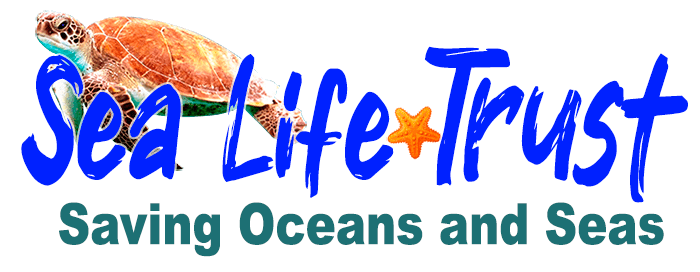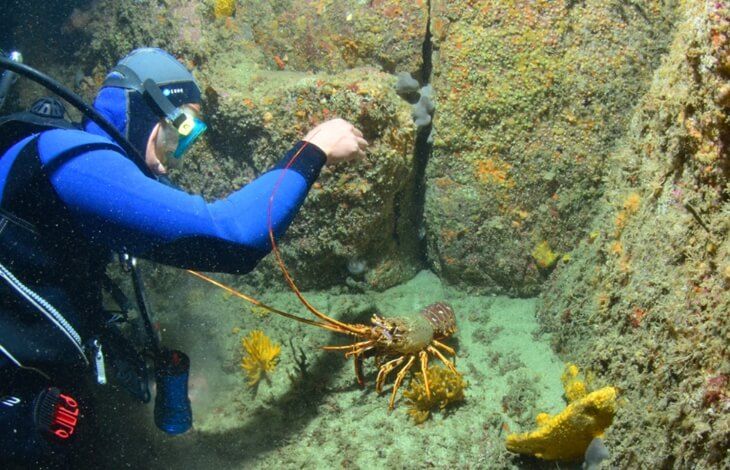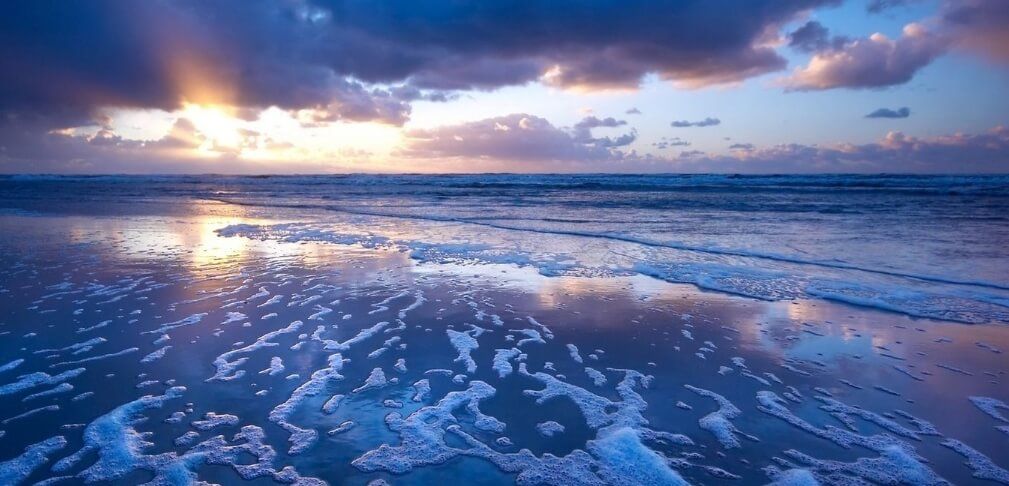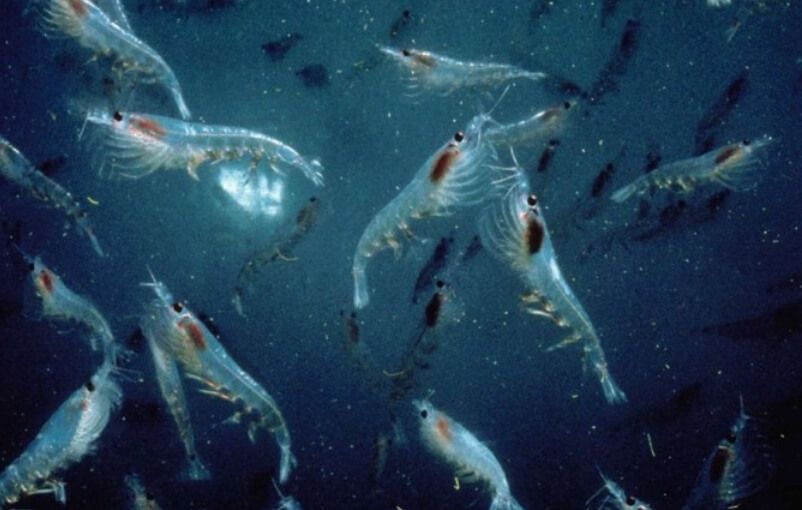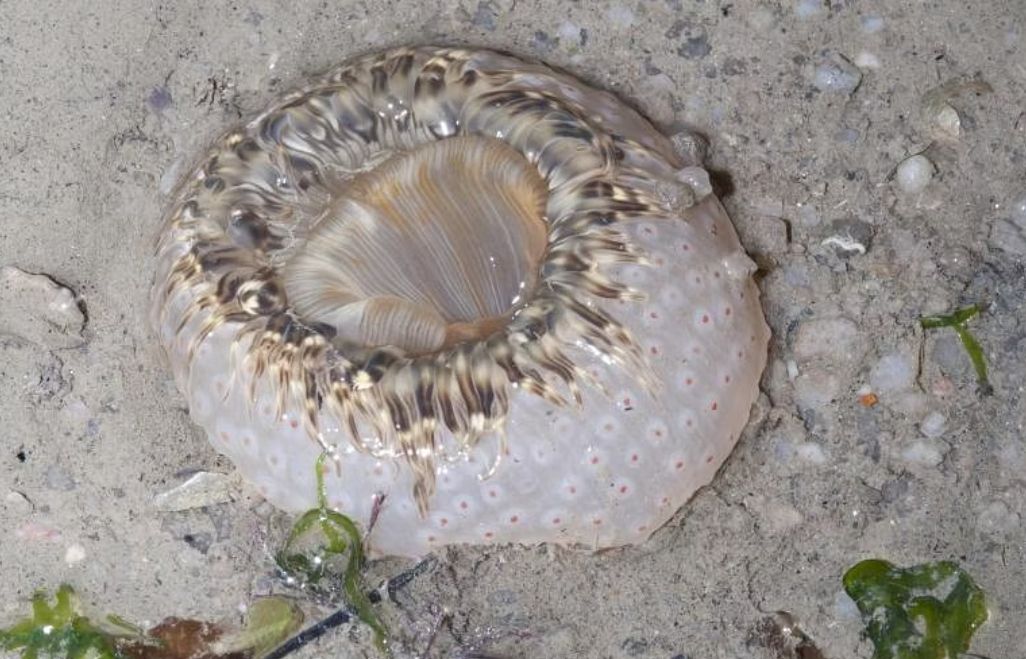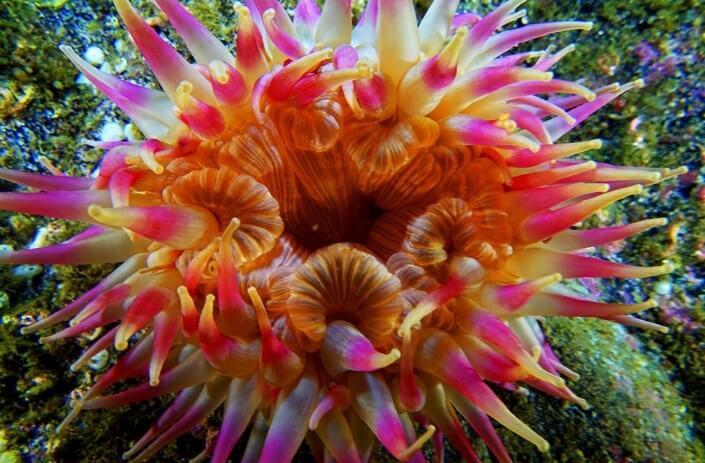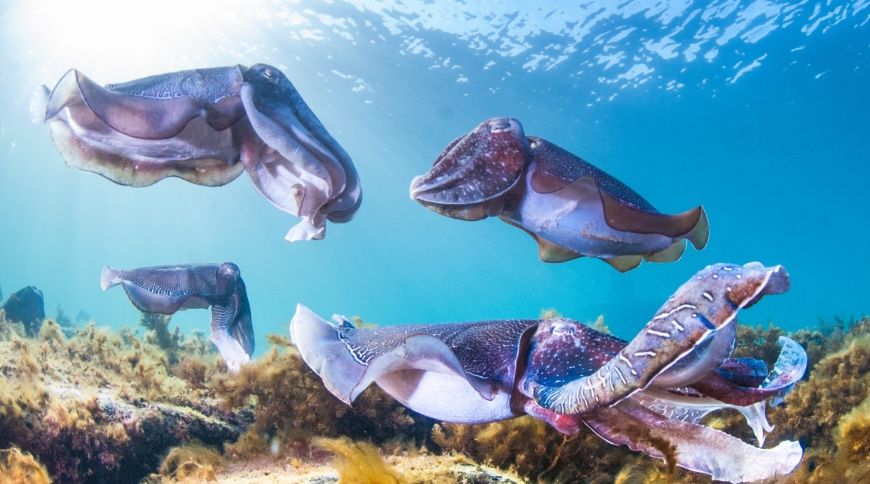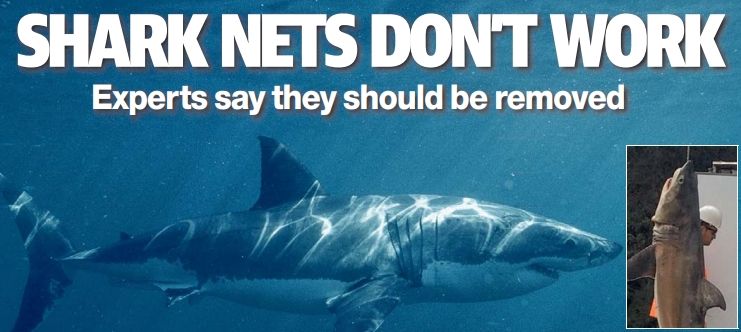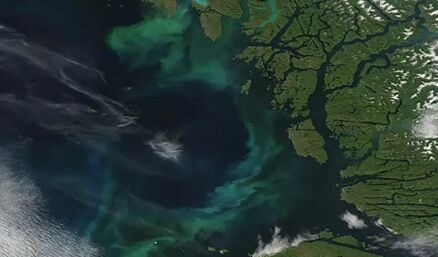In a collaborative effort, Ifremer, the French Research Institute for Exploitation of the Sea, has been conducting fish tagging missions in Brittany and Normandy since May 2022. The project, part of the European Fish Intel initiative, involves tagging sea bass, pollack, and lobsters using an acoustic telemetry network. With support from local fishermen, researchers are keen to gain valuable insights into the behaviors and movements of these marine species. This information will play a crucial role in understanding the ecological relationships between the marine fauna and their environment.
Acoustic Telemetry: A Powerful Tool in Marine Research
Over the past decade, acoustic telemetry has emerged as an increasingly powerful tool in marine research. While this is the first time it is being employed in the Channel and Atlantic coasts of France, countries like Australia and Canada have long been using this technique to study marine life. Acoustic telemetry involves tagging individual fish or lobsters with unique acoustic transmitters emitting distinct signals. Acoustic receivers deployed in specific locations register these signals whenever tagged marine organisms pass nearby, providing critical data on their movements and behavior.
Enhancing Fish Population Management and Conservation
The primary objective of this tagging project is to better understand the habitat preferences, migratory patterns, feeding habits, and breeding areas of the tagged fish and lobsters. For instance, researchers aim to quantify the connectivity between the Iroise Marine Natural Park and the Sept-Iles Nature Reserve. Additionally, they seek to examine how these species interact with marine renewable energy installations. This comprehensive knowledge will significantly contribute to the effective management and conservation of fish populations in the Channel.
300 Fish and Lobsters Tracked
The scope of the project is extensive, with more than 300 fish and lobsters currently being tracked through the acoustic telemetry network. Lobster tagging operations are ongoing around the island of Sein and Ouessant and the Sept-Iles nature reserve. In the near future, 50 additional lobsters will be equipped with acoustic transmitters. So far, researchers have successfully tagged 233 bass and 71 pollack.
Collaborative Efforts for Marine Research
The successful execution of this project requires strong collaboration among various stakeholders. Ifremer and France Energies Marines are working closely with local fishermen and offshore wind farm developers to deploy 60 acoustic receivers in the Iroise Sea, the Côtes d’Armor, and the Bay of Seine. Additional receivers are set to be installed by Ifremer soon. The collaboration among researchers, fishermen, and industry representatives ensures that the project benefits from diverse expertise and resources.
Addressing Climate Change Impacts on Marine Life
As climate change continues to affect marine ecosystems, understanding how fish and lobsters adapt to new habitats becomes increasingly vital. Global warming is altering the dynamics of marine environments, and this research aims to shed light on how these species respond to these changes. By studying their behaviors and movements in response to environmental shifts, researchers can identify potential vulnerabilities and implement measures to support the resilience of marine life.
Future Insights and Implications
The data collected from the acoustic telemetry network will offer valuable insights into the lives of sea bass, pollack, and lobsters in the coastal waters of Brittany and Normandy. It will contribute to the scientific community’s understanding of these species’ ecological roles and their interactions with the changing environment. Moreover, the research findings are expected to be published in early 2023, and they will serve as essential inputs for future marine conservation and management strategies.
The use of acoustic telemetry in this research project represents a pioneering effort to study the marine life of the Channel and Atlantic coasts. The collaboration between scientists, local communities, and industry stakeholders underscores the collective commitment to preserving the marine biodiversity of the region. By studying and comprehending the behaviors and movements of sea bass, pollack, and lobsters, researchers are taking critical steps towards ensuring the sustainable management of marine resources and supporting ecosystem resilience in the face of climate change.
